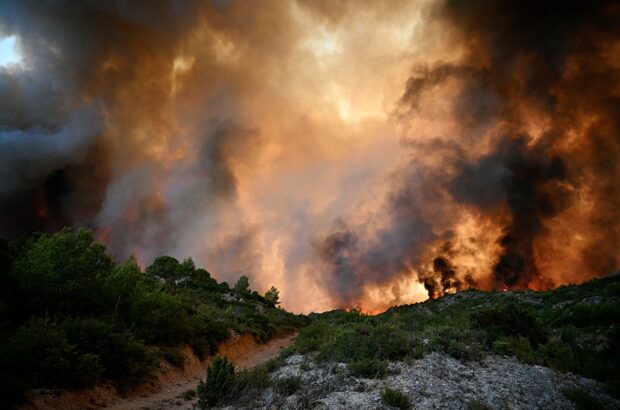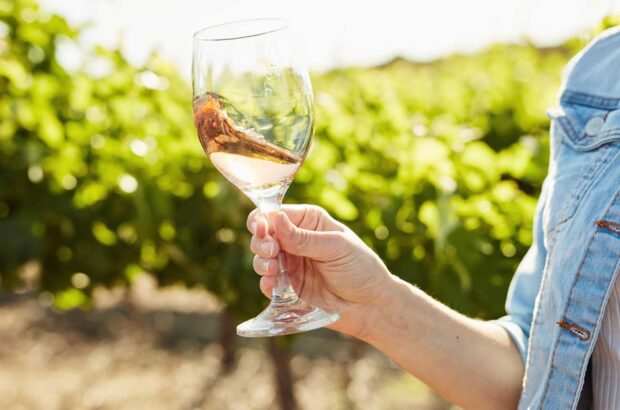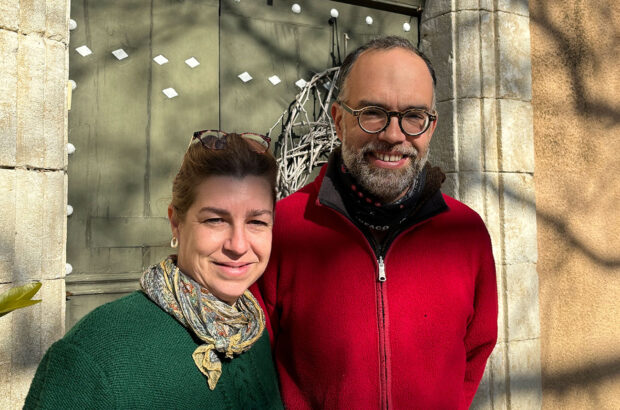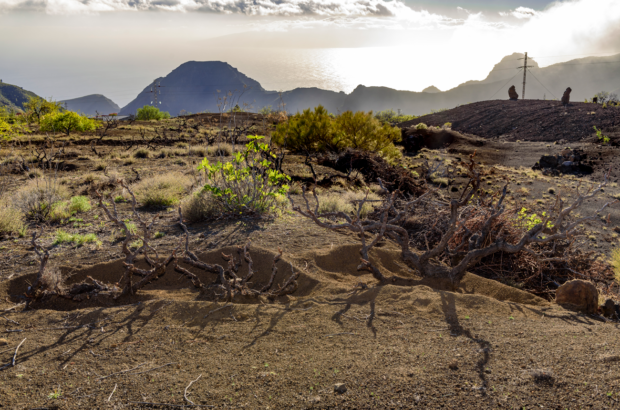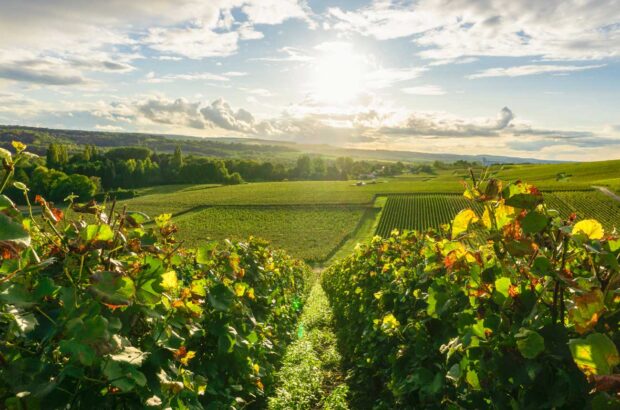Chateau Pichon-Lalande's general manager, Nicolas Glumineau, says it is possible that the entire estate could be farmed organically, but more research is needed first.
Pichon-Lalande currently farms 3ha of its 78ha of vines organically, while another 3ha have been set aside for biodynamic farming.
The experiment is only three years old, but organic is a philosophy that Nicolas Glumineau (pictured) approves of in principle.
‘We are citizens as well as winemakers. The less chemicals we can use the better it is for everyone,’ he told Decanter.com during a recent visit to London.
‘But, I also have to manage things. We have to assume a certain level of production,’ said Glumineau, who is also winemaker at the second growth chateau alongside heading up Roederer’s business in Bordeaux, which also includes Chateau Le Pez.
‘We are not experts in organic or biodynamic winemaking. I want people to understand what works and why. First I want to understand. Then we can increase the surface [area] under organic.’
Glumineau is far from alone in the upper echelons of Bordeaux’s wine world when it comes to serious consideration of organic and biodynamic methods.
Others include Chateau Margaux‘s Paul Pontallier, who announced in 2012 that organic farming was the future direction of the first growth estate. Chateau Latour has also been switching its vineyards to biodynamic in recent years, while Smith-Haut Lafitte in Pessac Leognan is another convert to organic methods.
Chateaux Pontet-Canet in Pauillac and Guiraud in Sauternes got organic certification with France’s Agence Bio back in 2011.
Guillaume Halley, owner of Chateau de La Dauphine in Fronsac, has previously predicted that Bordeaux will be 100% organic within 30 years. ‘At the moment, 7% of the Bordeaux estates work organically, but it was only 3% ten years ago,’ he said at a dinner held last autumn to discuss innovation in Bordeaux.
France’s Aquitaine region, which houses Bordeaux, had 9,723 hectares of vines either certified organic or undergoing conversion in 2012, according to Agence Bio figures. Only Languedoc-Roussillon and Provence-Alpes-Cote d’Azur had more.
At Pichon-Lalande, Glumineau said that experimenting with organic farming sits alongside greater efforts by the chateau’s winemaking team to understand the individual plots of vines they are working with.
‘Everything is about being more rigorous, more analytical,’ he said. The chateau has also installed a new cellar with different sized vats to allow for parcel-by-parcel vinification.
Written by Chris Mercer



